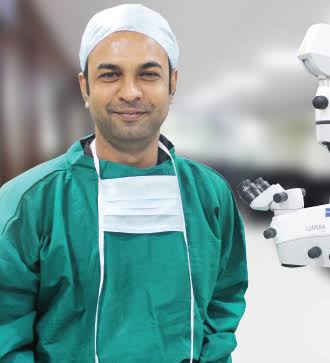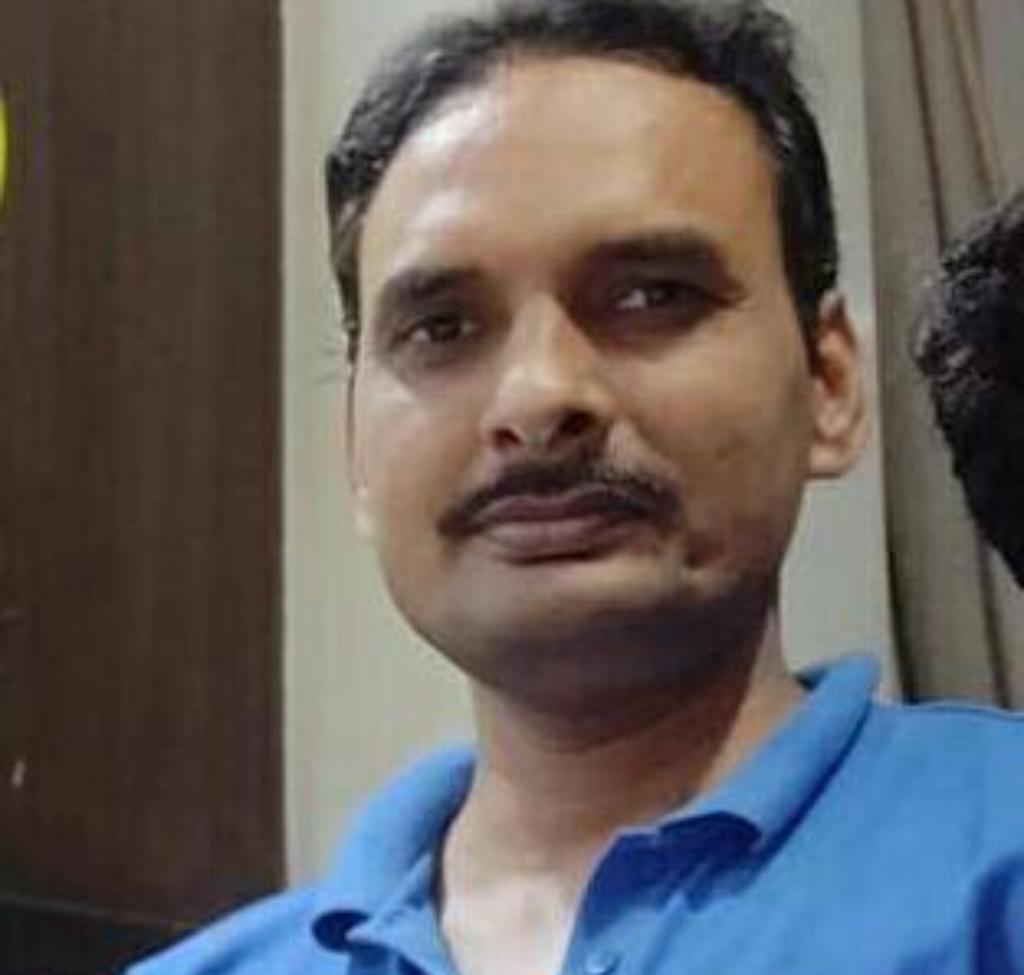The increasing no of cancer cases in india is a rising cause of concern . with almost 1.5 Million new cases , cancer has emerged as a major challenges . The no is expected to get doubled in next two decades .
The cancer cases among weomen is more than men in india , max of the cancer coming from breast , cervical , ovarian and uterine . these all adds toghther almost 70 % of cancer along in india .
A better understanding of the disease, genomics, immunology of cancer, and with the technology advancements, we can target and treat the cancer cells solely, thereby avoiding the normal tissues . Understanding cancer has always been a challenge and that has to poor outcomes. But, there has been a dramatic change in recent years.In spite of recent advances in the treatment of cancer with the advent of better surgical expertise, radiotherapy techniques and chemotherapeutic regimes over the past years, the outcomes and five-year survival of most advanced malignancies has improved only marginally . Many major drug have an initial response,but the non-responder rates vary between 30 percent and 70 percent.Detection of cancer at an early stage, understanding the biology of cancer, stratiffying the patients into responders and no-responders to treatment enable us to get precision medicinene in place with an accurate diagnosis, rationlize treatment decision , identufy prognostic biomarkers, and prognosticate the disease.
Traditionally, surgery , radiation, chemotherapy or targeted therapy is the standard way of treatment for any form of cancer based on retrospection. But today, it has changed to precision medicine. This means that when we changed to precision medicine. This means that when we deal with a patient, we can study and analyze the best possible treatment for that patient bases on his/her predective analysis that includes a genomics and immunology study. This combined with advanced molecular imaging can give us a near perfect situation of the status of the disease,along with the right mode of treatment. This may involve, for instance, limited surgery, radical surgery , precision radiation , chemotherapy, biotherapy or immunotherapy, based on the patient’s presentation and markers.
The chance of the chemotherapy curing your cancer depends on the type of cancer one have. cancers where chemotherapy works very well are testicular cancer and Hodgkin lymphoma. With some cancers, chemotherapy can't cure the cancer on its own
over 50% of all cancer patients now receive radiotherapy at some point during the illness. Radiation therapy has increasingly replaced surgical resection for primary control of a variety of solid tumours, particularly where surgical excision is accompanied by severe long-term tissue loss or psychological morbidity. Frequent examples include cancers of the breast, head and neck (especially larynx, naso- and other pharyngeal sites), and locally advanced cancer of the cervix. Combinations of surgery and radiotherapy are increasing used, by wide local surgical excision, breast preservation and postoperative radiotherapy. In other circumstances, radiation is routinely combined with chemotherapy, as for example in the standard management of small cell lung cancer. Anal carcinoma is also best treated by radical radio chemotherapy, avoiding surgical excision . In both the developed and developing world, these are all common tumours, Recent technical advances, both in imaging and therapy beam precision, have greatly improved the therapeutic ratio and accuracy of modern radiotherapy. Radiation therapy continues to progress on a rational scientific basis, with a secure clinical role for the foreseable future.
1. Personalizing cancer vaccines
Cancer is caused by genetic mutations that transform healthy cells into tumor cells. These mutations are often at the center of new therapies for cancer; however, they can be very different in each individual tumor.
By comparing the DNA sequences of the tumor and of healthy cells, the company can identify multiple cancer mutations and select the ones that are more likely to provoke a strong reaction from the immune system. The vaccines are given in the form of messenger RNA, a molecule that gives cells the instructions to create a particular protein, in this case a cancer antigen that primes the immune system against the tumor.
2. Guiding immune cells to attack
In 2018, we saw the first approval of a cell therapy for cancer. The technology, called CAR-T cell therapy, consists of taking immune T-cells from the patient and genetically engineering them to target a specific cancer antigen.
“CAR-T is changing the treatment paradigm for cancer by creating targeted treatments that are specific to cancer cells,” said Christian Homsy, Executive Director of the board of Celyad, a Belgian CAR-T developer. “Our goal is to develop precise, targeted treatments that eradicate disease while sparing healthy tissue, and in doing so, improving patient lives.”
“With the potency of CAR-T, what you want to absolutely ensure is that the target antigen is not expressed on normal tissue, because if it is you can really wipe out organs and potentially severely handicap or even kill the patient,” said Marett.
3. Making cancer technology more precise
4. Teaming up with microbes
Let's Continue The Conversation
If you need any support in Hospital for Hospital Planning and Designing , Hospital Construction and Architecture , Hospital Credit Recovery Management , NABH Accreditation , NABL Accreditation , Hospital Marketing and Operation, Managing your Hospital with less cost , Market Feasibility Study, you can contact Healthcare 360 Degree (Innovation in Healthcare) at [email protected] Or you can visit our website www.hc360.in or can call +91-7023566677 .











































